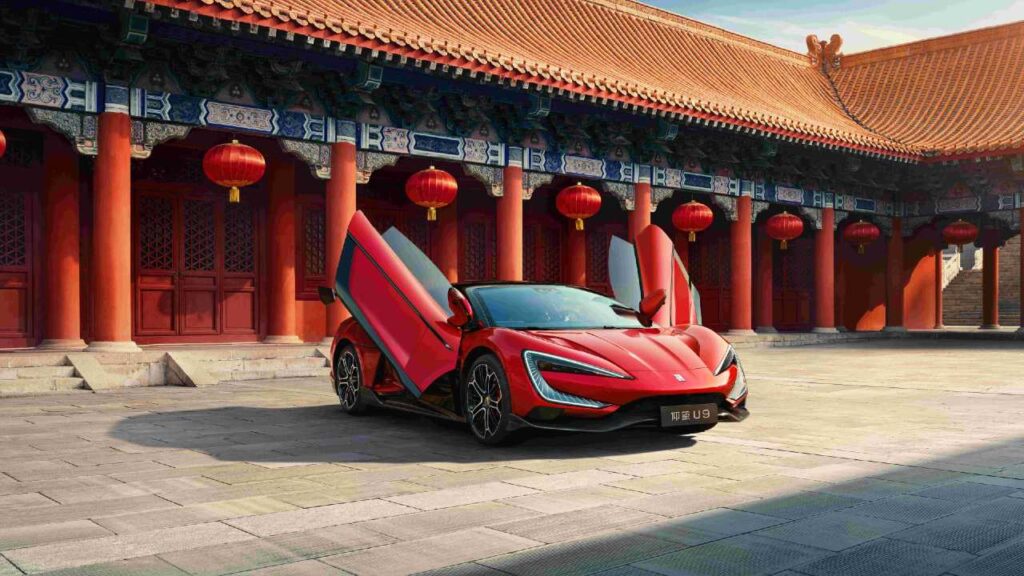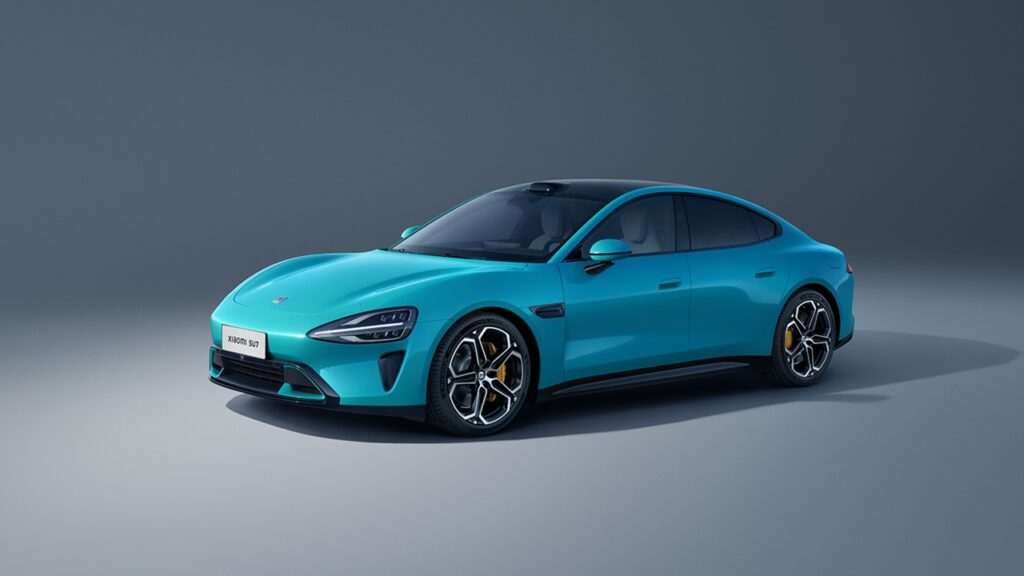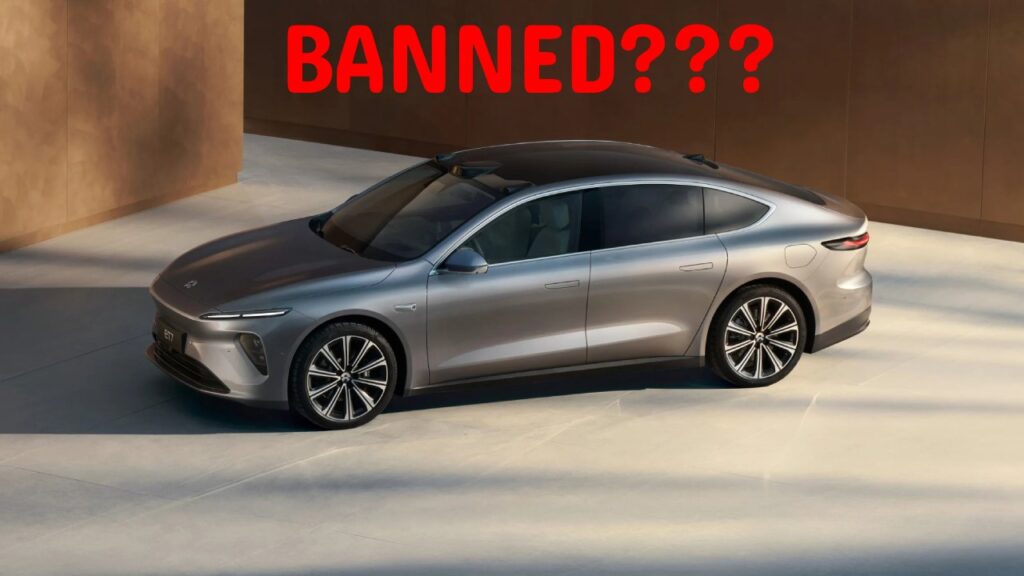U.S. Commerce Secretary Gina Raimondo says that the Biden government is ready to take “extreme action” if the probe proves a threat to national security.
In a rather surprising turn of events, the U.S. government could consider imposing a ban or restricting the sales of Chinese connected vehicles. The statement by the U.S. Commerce Secretary Gina Raimondo comes with regard to the probe initiated by the Biden government in February which is investigating any risk to the national security by Chinese cars.
The details of this case come from a Reuters report. The White House said in February that Chinese vehicles “collect large amounts of sensitive data on their drivers and passengers (and) regularly use their cameras and sensors to record detailed information on U.S. infrastructure”. Back in November last year, a group of U.S. lawmakers had raised concerns about Chinese companies collecting and handling sensitive data while testing autonomous vehicles in the U.S.

You might also like: Canada And Australia Join Hands To Tackle China In EV Battery Tech
U.S. Could Ban Chinese Connected Vehicles
The issue revolves around the high-tech components modern vehicles come with. These include cameras, sensors, radars, LiDARs, connected car features which possess a huge amount of data of the car owners, etc. Highlighting this, Raimondo said at a U.S. House of Representatives that, “Chinese connected vehicles could be collecting massive amounts of data on Americans, who they are, what they say in their car, where they go to, their patterns of driving.” She adds that the U.S. needs “to take the threat much more seriously” of Chinese connected vehicles and other tech issues.
Commenting about the possible measures the U.S. government could take, Raimondo said, “We have to digest all the data and then figure out what action that we want to take. We could take extreme action, which is to say no Chinese connected vehicles in the United States or look for mitigation” including safeguards, guardrails or other requirements. Additionally, the Biden government is separately considering imposing new tariffs on Chinese-made vehicles and officials face new pressure to restrict Chinese EV imports from Mexico.
Chinese Foreign Ministry Reacts
The discussion around banning Chinese EVs in the United States of America has been going on for a few months now. The U.S. Treasury Secretary Janet Yellen, during her 4-day visit to Beijing last month, warned the Chinese car companies not to flood its auto market. In response, the Chinese Foreign Ministry said that Chinese cars were popular globally not because of “so-called unfair practices” but because they had emerged out of fierce market competition and were technologically innovative.

You might also like: Hyundai To Launch New EV Brand In China; Plans 5 EVs In 3 Years
Learn Electric Cars Says
This is quite a complicated global issue. The U.S. is being blamed by the Chinese authorities for excessively politicizing the entire affair. On one hand, Chinese carmakers are struggling to sell cars in the U.S. On the other hand, the companies are flooding other emerging markets with their cost-effective EVs. Going forward, many emerging markets will play a vital role in this electric mobility transition. One could even argue that the Chinese EVs are simply better than anyone else at the price they command.
In any case, we will have to wait for the official findings of the probe. Depending on that, the future course of action will be determined. Therefore, we shall see how things pan out thereafter.


Pingback: 39-km-Old Xiaomi SU7 Breaks Down, Repair Impossible
Pingback: Tesla and BYD Have 34% Share of Global Q1 2024 EV Sales
Pingback: Europe-Made EV Batteries 60% Less Polluting Than Chinese
Pingback: peyote kaktus köpa
Pingback: swan168
Pingback: บริษัทรับทำเว็บไซต์
Pingback: bệnh HIV
Pingback: pg333
Pingback: ภาพระบายสี
Pingback: เว็บตรงสล็อต
Pingback: กายภาพ
Pingback: sexy-gold.com
Pingback: เช่าห้องเก็บของ
Pingback: รับจดทะเบียนบริษัท
Pingback: ร้านแบตเตอรี่ใกล้ฉัน
Pingback: ติดเน็ตบ้าน เอไอเอส
Pingback: การ์ดงานแต่ง
Pingback: เช่ารถตู้พร้อมคนขับ
Pingback: โกดังเช่า ราคาถูก
Pingback: pgslot168
Pingback: เอเจนซี่ศัลยกรรมจีน
Pingback: Mostbet
Pingback: mmabet
Pingback: บ้านพักคนชรา
Pingback: ดูแลผู้สูงอายุ
Pingback: นำเข้าสินค้าจากต่างประเทศ
Pingback: รับทำวีซ่า